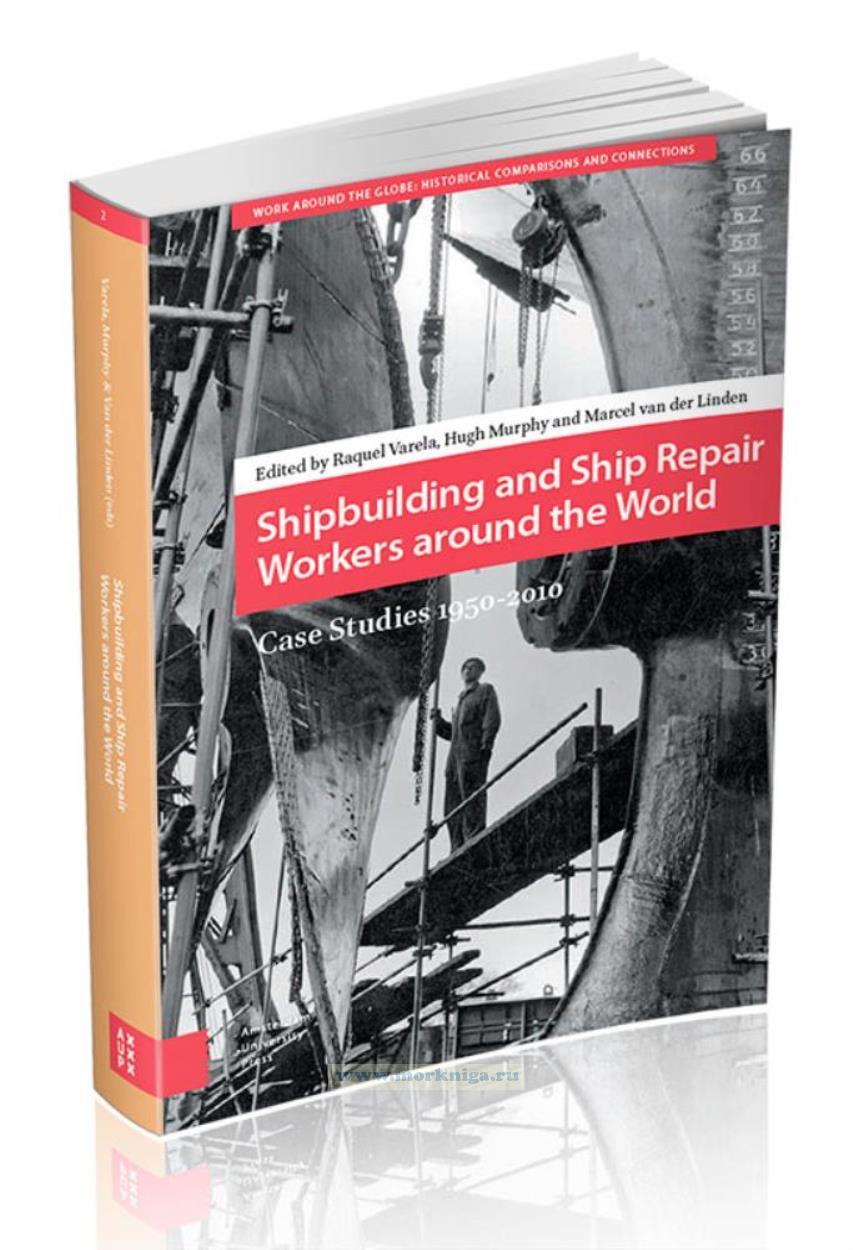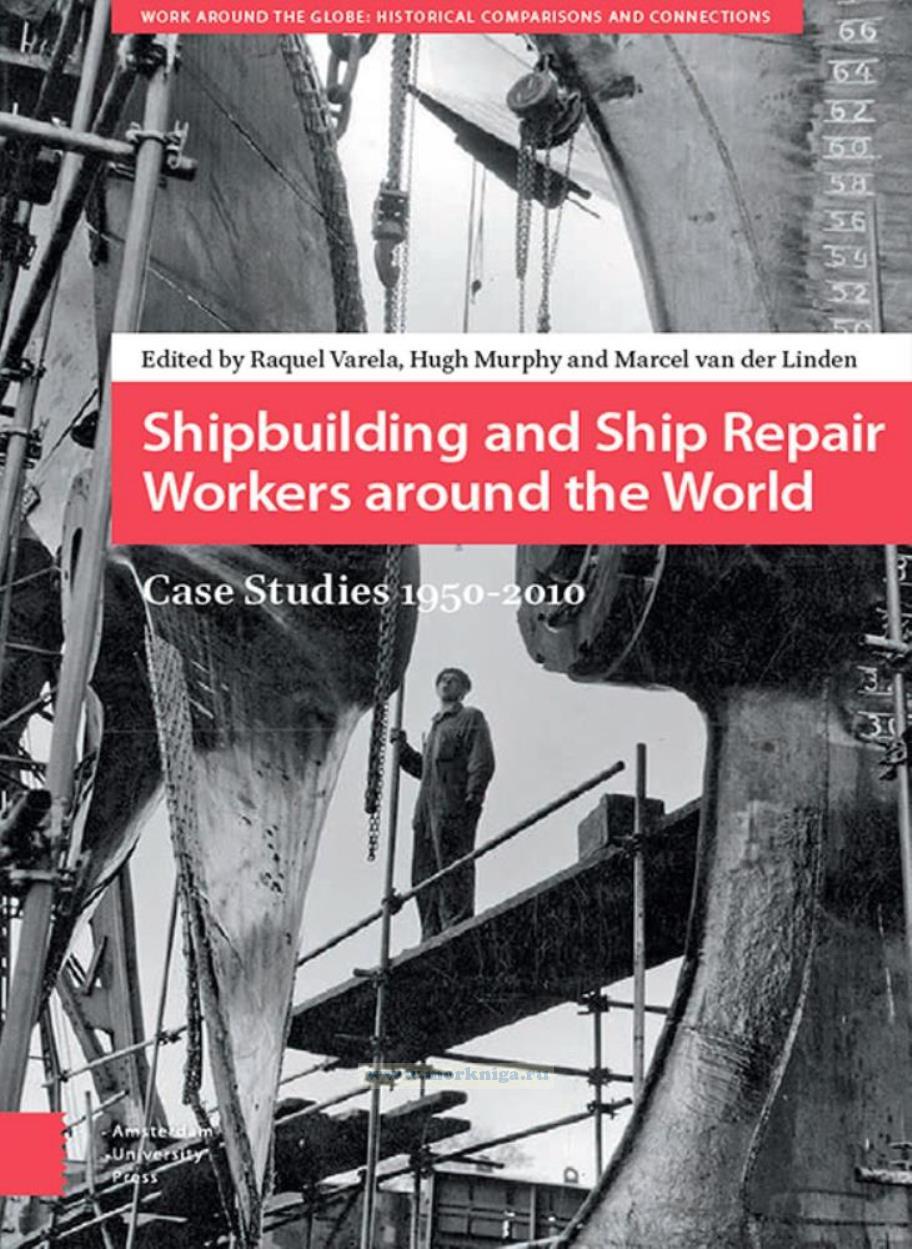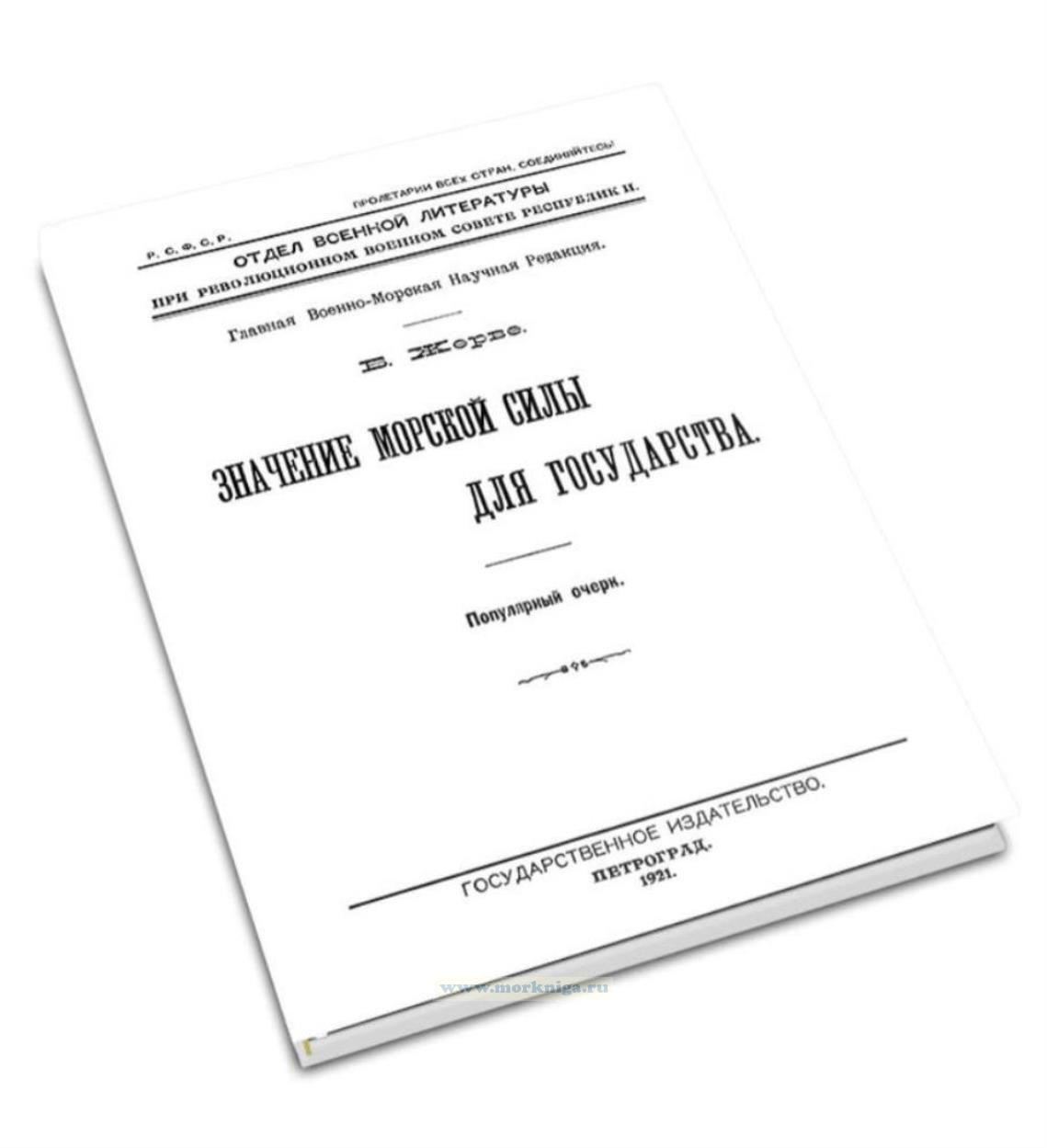Shipbuilding and Ship Repair Workers around the World/Судостроители и судоремонтники всего мира
Издание на английском языке
Most human beings work, and growing numbers are exposed to labour markets. These markets are increasingly globally competitive and cause both capital and labour to move around the world. In search of the cheapest labour, industries and service-based enterprises move from West to East and South, but also, for example, westwards from China’s east coast. People move from areas with few employment opportunities to urban and industrial hubs, both between and within continents.
However, labour relations have been shifting already for centuries, labour migrations go back far in time, and changing labour relations cannot be comprehended without history. Therefore, understanding these developments and their consequences in the world of work and labour relations requires sound historical research, based on the experiences of different groups of workers in different parts of the world at different moments in time, throughout human history.
The research and publications department of the International Institute of Social History (IISH) has taken on a leading role in research and publishing on the global history of labour relations. In the context of Global Labour History, three central research questions have been defined. What labour relations have emerged in parallel with the rise and advance of market economies? How can their incidence (and consequently the transition from one labour relation to another) be explained, and are these worldwide transitions interlinked? What are the social, economic, political, and cultural consequences of their changing incidence, and how do they relate to forms of individual and collective agency among workers? These three questions are interconnected in time, but also in space. Recent comparative Global Labour History research demonstrates that shifts in one part of the globe have always been linked to shifts in other parts.
ISBN: 978-94-6298-115-7
Contents
1 Introduction
Marcel van der Linden, Hugh Murphy, and Raquel Varela
North-western Europe
2 Labour in the British shipbuilding and ship repairing industries in the twentieth century
Hugh Murphy
3 Bremer Vulkan
A case study of the West German shipbuilding industry and its narratives in the second half of the twentieth century
Johanna Wolf
4 From boom to bust
Kockums, Malmo (Sweden), 1950-1986
Tobias Karlsson
5 The Norwegian shipbuilding industry after 1945
Production systems, rationalisation, and labour relations, with special reference to Bergens Mekaniske Verksteder and Aker Stord
Hans-Jakob Еgotnes and Jan Heiret
6 From war reparations to luxury cruise liners
Production changes and labour relations at the Turku shipyard (Finland) between 1950 and 2010
Kari Terds
7 The Dutch shipbuilding industry, 1950-2012
Sjaak van der Velden
Southern and Eastern Europe
8 Always on the verge of sinking
Labour and production in the Sestri Ponente shipyard, Genoa (Italy), 1950-2014
Giulia Strippoli, Davide Tabor, and Luciano Villani
9 Work, workers, and labour conflicts in the shipyard Bazan
Navantia-Ferrol, Galicia (Spain), 1950-2014
Josu Gуmez Alun
10 Against market rules
A Spanish shipyard nobody wanted (except workers)
Rubun Vega Garcнa
11 Labour relations in a Portuguese shipyard
The case of Setenave
Jorge Fontes
12 Work in the Portuguese shipyards of Lisnave
From the right to work to precariousness of employment
Raquel Varela and Ana Rajado
13 The Gdansk Shipyard
Production regime and workers’ conflicts in the 1970s and 1980s in the People’s Republic of Poland
Sarah Graber Majchrzak
14 The shipbuilding industry in Galati (Romania) under communism, 1948-1989
Constantin Ardeleanu
The Americas and Australia
15 Charting a new course
US shipbuilding labour, 1950-2014
Robin Dearmon Muhammad
16 The Argentinean shipbuilding industry
Workers’ struggles in a state shipyard
Cintia Russo
17 Production and labour of a state-owned enterprise
A case study of an Argentinean shipyard, Astillero Rio Santiago
Juliana Frassa
18 Labour in the Brazilian shipbuilding industry
A contribution to an analysis of the recovery period
Claudiana Guedes de Jesus
19 Brazilian shipbuilding and workers between tradition and innovation
Shipyards Caneco/Rio Nave and Maua – Rio de Janeiro, 1950-2014
Elina G. da Fonte Pessanha and Luisa Barbosa Pereira
20 Cockatoo Island, Australia
Industry, labour, and protest culture
Lisa Milner
Asia
21 Evolution and development of the shipbuilding industry in Bharati Shipyard Ltd, Maharashtra (India), from the 1970s to 2010
Employer, employee, and production perspectives
S.M. Fahimuddin Pasha
22 Shipbuilding and shipbuilders in Thailand
Nicola Mocci
23 The lower labour market and the development of the post-war Japanese shipbuilding industry
Takeshi Haraguchi and Kazuya Sakurada
24 The evolution of labour relations in the South Korean shipbuilding industry
A case study of Hanjin Heavy Industries, 1950-2014
Wonchul Shin
25 China, Philippines, Singapore, Taiwan, and Vietnam
Hugh Murphy
26 Some final observations
Hugh Murphy and Marcel van der Linden
Appendix 1: The effects of the oil price shocks on shipbuilding in the 1970s
Hugh Murphy and Stig Tenold
Appendix 2: Shipbuilding in 2013: an analysis of shipbuilding statistics
Victoria Culkin
Glossary of shipping and shipbuilding terms
Collective bibliography
Notes on contributors
Index


 Средиземное море. Политико-стратегический очерк
Средиземное море. Политико-стратегический очерк  Значение морской силы для государства
Значение морской силы для государства  Десантная операция (оперативно-тактический очерк)
Десантная операция (оперативно-тактический очерк)